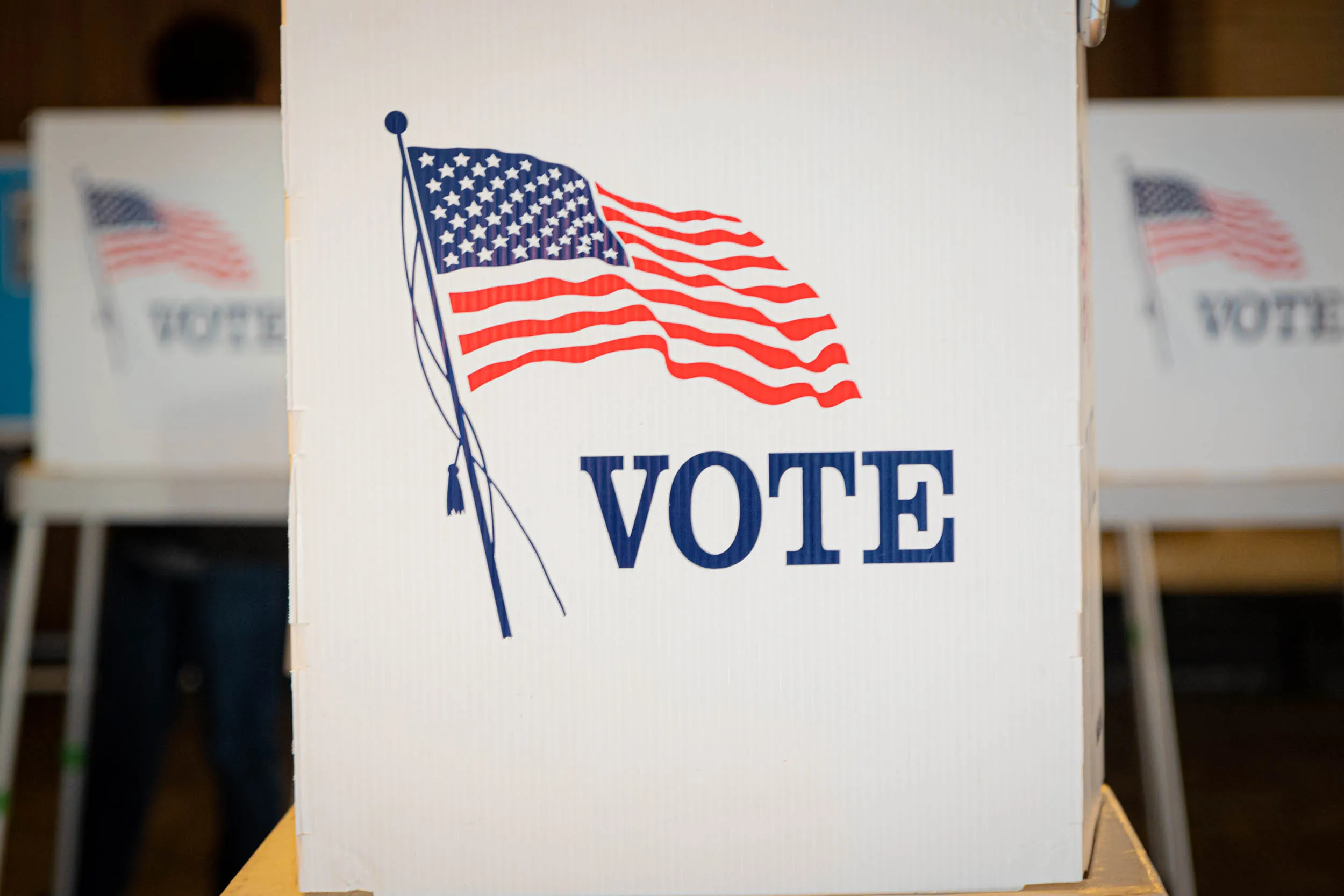“The right to vote is the right upon which all other rights depend.”
– Thomas Paine
As the three deans responsible for overseeing the education of the largest number of Stanford’s students, including all its undergraduates as well as the majority of its graduate students, we write again, in a presidential election year, to urge you, regardless of your political affiliation, to exercise your right to vote.
Universal suffrage is a profound achievement, the product of centuries of struggle. For most of human history, decisions were made by the few. Even when voting was practiced, large portions of the population were excluded: in ancient Athens, for example, only male citizens with property were entitled to vote. In the United States, it took more than two centuries for this right to extend to both African Americans and women. And it was only in 1971, that the right to vote was extended to all US citizens 18 years and older.
Unfortunately, low numbers of American citizens exercise that hard won right to vote. Voters in the 18-29 age range are less likely to vote than any other qualified age group. In 2021, recognizing this as a problem, students pushed for a yearly Stanford academic holiday to encourage voting, civic engagement and participation in public service. The Faculty Senate ratified the student’s proposal and Democracy Day was created. In 2022, more Stanford students registered to vote than students at any other California college or university, in large part due to the efforts of StanfordVotes, a student-led, non-partisan organization dedicated to voter turnout.
We hope that you will take advantage of the incredible resources offered through StanfordVotes and programming taking place around the election through Stanford’s celebrated Democracy Day on Nov. 5.
We understand that some are cynical about the importance of voting, and especially cynical about the importance of any single person’s vote making a difference. We address these two sources of cynicism in turn.
Let’s start with the importance of the vote itself. In some countries votes are merely symbolic and the results of elections are already predetermined. In other examples, votes are ignored, and rulers do what they like. Certainly, even in the United States, our democracy is not perfect. Nevertheless, almost all the social and economic rights Americans enjoy today — from Medicare and Medicaid, the Emergency Medical Treatment and Labor Act, the Occupational Health and Safety Act and the Clean Air Act — exist because citizens elected public officials who voted to enact them.
Another reason that voting is important is that it makes democracy more representative. If only some people vote, elected officials are likely to give less weight to the interests and views of non-participants. Studies repeatedly show that young voters, along with citizens with lower levels of income and education, are less likely to vote. This makes politicians more likely to ignore them. Indeed, the power of the vote is the main way we keep officials accountable to us.
Moreover, voting is important as it is one of the ways we sustain democracy. Democracy is more than rule of law — it needs people who care about our collective interests and are willing to express their views about what these interests are. By engaging in this activity, citizens empower officials to promote those interests.
What about the second source of cynicism: the idea that no single individual’s vote matters. Here we again have several arguments in counter: foremost, as alluded above, each person’s vote makes our democracy more representative of the will of its citizens. Indeed, your vote does contribute to the representativeness of democracy, even when it registers as a dissent from the majority. Recording that dissent itself matters.
Furthermore, and as we have witnessed in recent elections, small numbers of votes can be decisive in elections. Even when the state you are voting in may be decisively red or blue, there are often many important state and local issues on the ballot.
A final reason is this: if no one’s individual vote makes a difference, then no one has a reason to vote. But in that case, if everyone fails to vote, democracy cannot be sustained. So please do your part in sustaining this democratic practice!
Of course, you can certainly do more to help make our society and our world better, alongside others, including those who are not eligible to vote. We do not mean to suggest that the only way for you to be involved in questions of public concern is by means of a vote. But it is a decisive way to engage, and perhaps the most important way to engage in our democratic society.
So, vote for the party and candidate of your choice, but by all means: vote.
Debra Satz, Dean, School of Humanities and Sciences.
Jennifer Widom, Dean, School of Engineering.
Arun Majumdar Dean, Doerr School of Sustainability.
